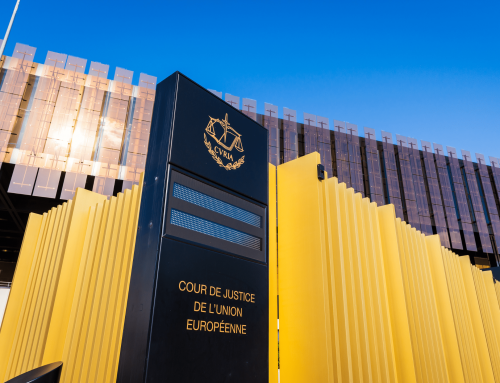In recent years, millions of users have shared their personal data with apps almost without hesitation. But what happens to this information? A recent study shows that the often unconscious consent to use location data can have serious consequences. Data traders trade in sensitive information that tracks our lives with alarming precision.
From weather reports to advertising: where does the data come from?
Almost 40,000 apps collect data about us, including popular applications such as WetterOnline, Flightradar24 and classifieds apps. The data that these apps collect is not just the usual statistics such as the number of app users, but much more detailed: it contains information about our exact location, which we sometimes share with them unconsciously. It's not just about rough data such as our city or region - many apps even provide precise information about our home or place of work. This usually happens as part of personalized advertising, for which companies willingly buy our data.
Who has access to our data?
Behind all this is a global trade in location data that has so far raised little public awareness. A US data trader called Datastream appears to be collecting and selling the data of millions of users worldwide. In Germany, apps such as WetterOnline and Kleinanzeigen are particularly affected. But other apps, such as the popular dating apps Tinder and Grindr, are also involved in the research. Data about us ends up in the hands of advertising companies and other companies that precisely evaluate our behaviour on the internet and offer us personalized advertising.
These huge amounts of data collected by various apps make it possible to create a very precise profile of us. Such profiles could potentially be misused - for targeted manipulation or surveillance purposes, for example.
Data protection in a dilemma: what happens to the laws?
Although there are strict data protection laws in the EU, such as the General Data Protection Regulation (GDPR), recent revelations show that many companies continue to have massive data protection gaps. This data is often traded without users' knowledge. Many people are unaware that their data is not only passed on to the app providers themselves, but also to a large number of third-party companies - including those outside the EU. This massively undermines users' trust.
The data protection authorities have already announced that they will investigate this. But the question remains: how effectively can these authorities take action against large-scale data protection violations in practice? Many experts are skeptical as to whether the existing regulations are sufficient to combat these abuses.
Data protection at risk: what we need to do now to protect our data
The situation is explosive and could lead to a considerable loss of trust in digital services. Data protection is not a luxury, but a fundamental right. If companies collect and sell on their users' data without their knowledge and consent, then we are talking about clear abuse. It is frightening how little control users have over their own data. This should trigger a political and legal debate: Tighter controls and stricter laws are needed to put data trading in its place - before it's too late.
We believe that data protection must not only exist on paper, but must also be implemented in practice. At a time when personal data is more valuable than ever, we have to ask ourselves whether the "free market" is really the right place to trade this data.







